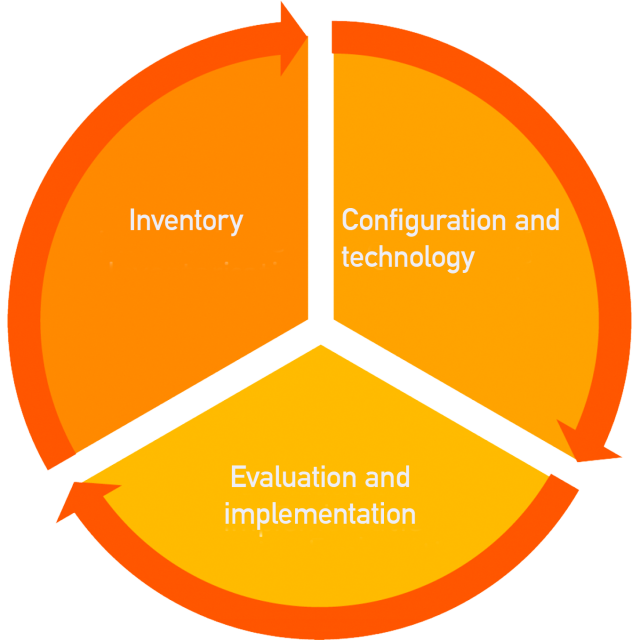-
About Hawking
- About Hawking ×
-
Our technology
- Our technology ×
-
EN
- Change language ×

Every project guided by Hawking is unique. However, you can state that the average development trajectory of Hawking Healthcare Technology consists of two phases:
1. Proof of Concept
2. Technical Phase
We assess our client's requirements and existing infrastructure during the POC phase. This is done with a POC team consisting of members from Hawking and the client. Within a predetermined timeframe, the Proof of Concept is delivered, which includes the following components:
After the POC, we will organise a session to determine whether and how we should proceed with further implementation.
To enable a sustainable implementation of the CareOS platform after the Proof of Concept, we build a complete integration with the electronic patient record (EPR) used by the client and any other systems (if APIs are available). CareOS is based on open interoperability standards, allowing integrations with EPRs and external systems in principle. Collaborating with the responsible IT personnel within your organisation during this phase is essential. The following points are relevant:
This technical phase ensures seamless integration of CareOS with your existing systems and data exchange processes.
In our implementation plan, we opt for an iterative approach that allows us to work responsibly to build a stable foundation while implementing in your organisation. The CareOS platform is designed to be configured modularly, per process, or role. The starting and ending points of the implementation will be determined in consultation with you.
Initially, we'd like to give you a general estimate of which processes and roles within your organisation will be implemented. If necessary, this can be expanded or streamlined during the implementation process. The configuration of the apps depends on roles, preferences, and requirements. For instance, in Discovery, the setup is done per role and process (e.g., medical staff or group sessions in a clinic), while in Quest, it's based on questionnaires.

During the setup of the apps, we follow a three-phase approach:
Inventarisation Phase: In this phase, we gather the requirements and preferences of the end-users, assess the possibilities, and establish a corresponding timeline. We also map the current situation, exploring the business processes and data flows.
Configuration and Technology Phase: The technology is adjusted to meet the client's requirements based on the information collected in the inventarisation phase. The points identified during the inventarisation phase are processed and prepared for implementation.
Evaluation and Implementation Phase: The configured and technical changes are implemented in the live environment and evaluated during this phase. This approach allows for different configurations to run simultaneously with varying timelines. The duration of this cyclical process depends on the client's preferences.
This iterative approach ensures that the CareOS platform is tailored to your organisation's needs and can adapt to evolving requirements.
Information security and privacy are fundamental aspects of the CareOS design. Data availability, integrity, and confidentiality are crucial and considered from the design phase through implementation and management. Only data essential for the application's operation is collected, processed, and stored.
Data collection and processing within CareOS are transparent processes. We will collaborate to determine which data needs to be processed. All communication within CareOS and other systems is conducted via secure connections, and personal data can be encrypted upon agreement. The specific configuration of these measures will be determined jointly and depends on hosting arrangements.
Data within CareOS can be restricted to specific users or user groups based on various roles. It is always clear which users can access the data, who has viewed it, and who has modified it. We will implement additional measures to comply with our client's information security policies.
Hosting
The applications within CareOS are ideally offered as a SaaS solution. In this scenario, Hawking takes over all management tasks. Hawking will ensure that the data within the application is encrypted and accessible only to the client.
Ideally, the components of CareOS should align as closely as possible with the existing application landscape. In the second phase of the action plan, we will map out the technical infrastructure to prepare CareOS for it during the design phase.
If you want to know how Hawking Healthcare Technology can assist your organisation, please get in touch with us at +31 (0)85 076 3000 or use our contact form.
Contact form